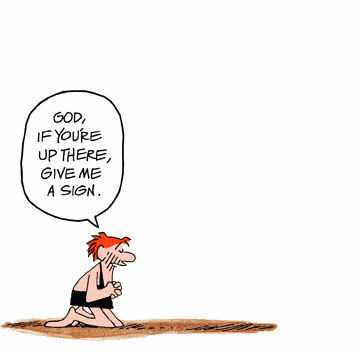Every year we have this day to commemorate our beloved loved ones who passed away from this life. At the mass today, the priest focuses on death and on communion of saints. After a while, I asked myself, "Am I afraid to die" or "Am I ready to face death?"
Most of us I think is afraid to die. And when we ask ourselves, "why do i fear death?" most of us will say, we are afraid to leave our loved ones behind, we are afraid because we cannot finish what we have started to leave unfinished business; we are afraid because of the things we can no longer have, however shallow it may sound some of us value the material things that we possess. We fear of death because of the uncertainty it brings. What will happened after death? And no one really knows...
Facing death is like facing nothingness. In my class Advance Reflexive Metaphysics, we started the course with Martin Heidegger’s article “What is Metaphysics” in 1930. Heidegger began his whole project with nothing that determined the whole flow of his thought (am I making sense here?). Nothing is his point of departure, and it is not something. Nothing here is used as a verb which cannot be reduced to a concept. Nothing is a certain experience, the complete negation of the totality of beings. However it deals with beings in a unity of the “whole”, if only in a shadowy way. It is the same when one experiences boredom or joy. In other translation of this text, nothing is being compared with the experience of angst.
Here is a more concrete example: in getting hold of ourselves, we lost control of ourselves right? When you commit to another person, we entrust ourselves to the other we withdrew from everything and we become less in control. Somehow we lost ground and certainty. What if person X, who always dreamed of becoming a priest someday. So from childhood he prepared himself, he studied very hard, sacrificed a lot for that dream and then entered the seminary. Then suddenly, one day person X woke up and said to himself ‘ayoko na.’ (I don’t want it anymore)”
This feeling is not unknown to us. Maybe some of us have experienced this. When everything crashes, after what happened you discover that it is the end of the cliff. And that what he means by “nothing”. When we stake our self with only one thing and that one thing was lost. This is the experience when we ourselves discover that we are in front of an abyss, where we don’t have anything to hold on to. And ask ourselves: where do I go? Where do I begin? Where do I stand? Death is like that.
None of us likes to think about death, and that isn't necessarily bad. Our every heartbeat blocks out death, pushes it away, and keeps us focused on living. That's nature and God working. And this denial of death stems too from the fact that, in the end, we don't die, don't become extinct, but move on to deeper life. At some level, we already know that, sense it, feel it, and live life in the face of it. To want to think about death can be as much a sign of depression or illness as of depth. Pushing away thoughts of death is normally a sign of health.
But how to think about death? Where is that thin line between contemplating the mystery of death and falling into morbidity, anxiety, and false guilt about being alive and healthy?
Karl Rahner, a Jesuit Theologian wrote this words: "When the angels of death have swept all the worthless rubbish that we call our history out of the rooms of our consciousness (though of course the true reality of our actions in freedom will remain); when all the stars of our ideals, with which we ourselves in our own presumption have draped the heaven of our own lived lives, have burned out and are now extinguished; when death has built a monstrous, silent void, and we have silently accepted this in faith and hope as our true identity; when then our life so far, however long it has been, appears only as a single, short explosion of our freedom that previously presented itself to us stretched out in slow motion, an explosion in which question has become answer, possibility reality, time eternity, and freedom offered freedom accomplished; when then we are shown in the monstrous shock of a joy beyond saying that this monstrous, silent void, which we experience as death, is in truth filled with the originating mystery we call God, with God's light and with God's love that received all things and gives all things; and when then out of this pathless mystery the face of Jesus, the blessed one, appears to us and this specific reality is the divine surpassing of all that we truly assume regarding the past-all-graspness of the pathless God -then, then I don't want actually to describe anything like this, but nevertheless, I do want to stammer some hint of how a person can for the moment expect what is to come: by experiencing the very submergence that is death as already the rising of what is coming."
Death is a journey into the unknown, the ineffable, the unimaginable, the unspeakable - unspeakable loneliness, ineffable embrace, unimaginable joy.In the same words of St. Francis of Assisi "it is in dying that we are born to eternal life."

















